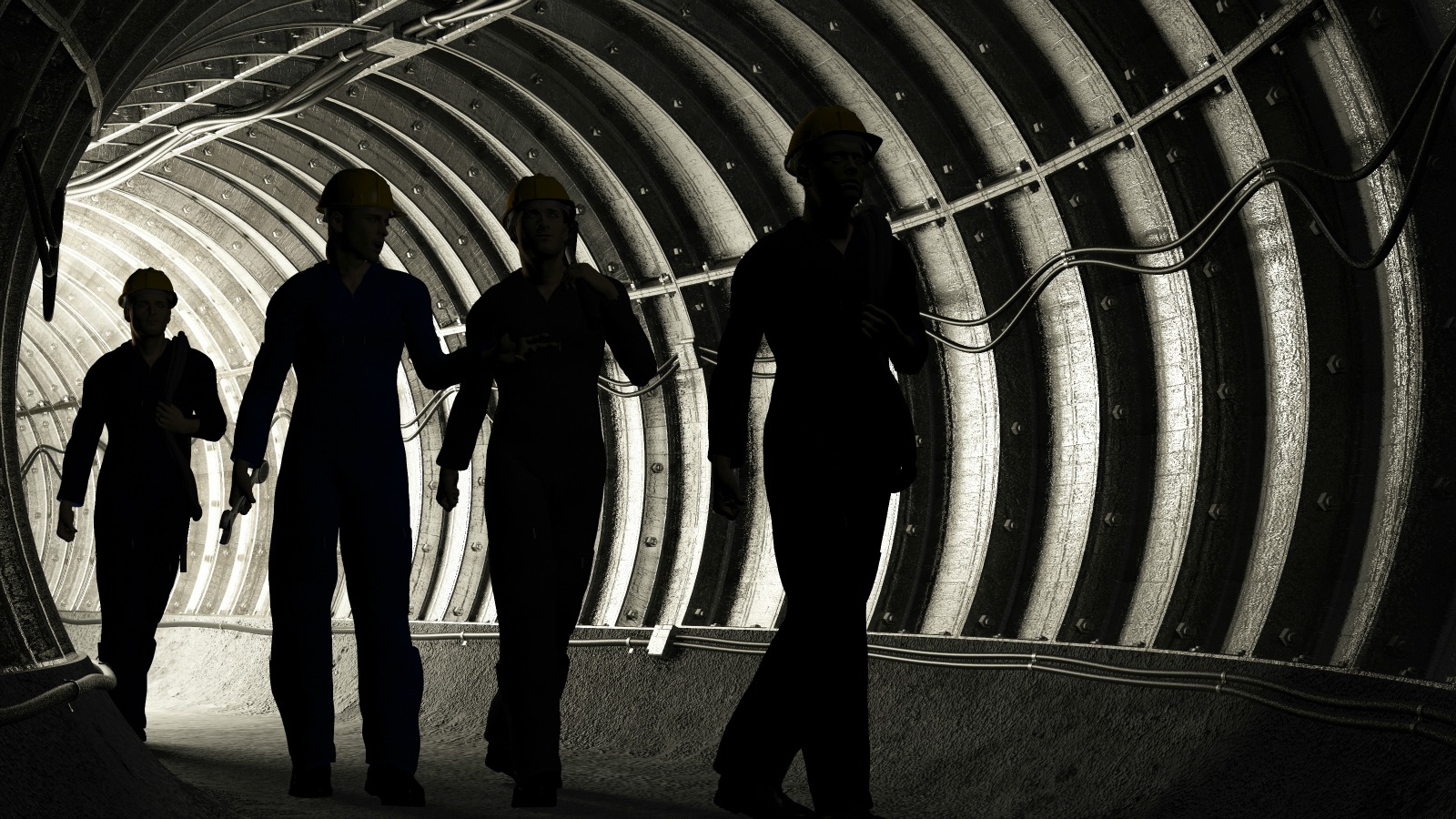A new Bank of America report notes that up to 50 percent of the world’s coal reserves could remain unburned if countries intend on meeting the goals laid out earlier this month at the Paris Climate Conference. The analysts estimate there are 890 billion tons of coal reserves out there — which is a lot of money to say no to — but they are confident that looming regulatory pressure coupled with efforts like the Sierra Club’s Beyond Coal campaign will continue to push the needle in the right direction. Coal remains the biggest horse in the race to destroy the planet, and knocking its knees out is one of most obvious ways to give Earth a little more time.
Even 50 percent might not be enough to prevent catastrophic warming, though. Previous estimates have placed the “unburnable” figure at an even more aggressive 80 percent (or more). Whatever the number, there’s mounting consensus that if the world is actually interested in a habitable future — and given the outcome in Paris, ostensibly it is — it’ll have to keep most of that coal in the ground. “The latest carbon initiatives are the nail in the coffin for global coal,” wrote the bank.
Not that the Paris Agreement actually says any of that.
In 32 pages of bureaucratese devoted to halting climate change, the word “coal” appears exactly zero times. “Fossil” is similarly absent. It’s the diplomatic analogue of writing in the passive voice: By sidestepping the fossil industry, negotiators can play the hero without actually managing to assign any real, politically unpalatable responsibility for the problem. Instead, the agreement’s long-term goal is framed in terms of limiting temperature increases to a maximum of 2C, while pursuing all efforts to limit the increase to 1.5. In order to achieve the goal, countries have agreed to “achieve a balance between anthropogenic emissions by sources and removals by sinks of greenhouse gases” — in other words, zero-net emissions by the end of the century.
Over at Vox, David Roberts argues that the zero-net emissions goal is a good one. It’s easy to rally around zero, and there’s a clarity here that isn’t captured by a ceiling on temperature increases. “It settles the question of what will happen to the fossil fuel industry and investments that rely on fossil fuels,” he writes. “They will go away. It might be soon, it might be later, but the end state is determined. They are slated for extinction.” That’s the same logic that Bank of America applies when it argues that the Paris Agreement will help cripple the coal industry.
But that’s not what zero-net means. It’s what environmentalists want it to mean.
Zero-net is the land of offsets and moonshots. Roberts acknowledges as much: “It leaves open the possibility, badly needed for any hope of hitting, er, avoiding 2 degrees, of substantial ‘negative emissions’ technologies (like carbon sequestration) later in the century, enough to balance out some remaining emission sources.” If zero-net is a rallying cry — a signaling mechanism — the signal it’s sending is one of market solutions: of cap-and-trade and carbon capture and REDD+ and Carly Fiorina’s favorite word (innovation).
Of course, there’s no doubt that the private sector needs to be on board if the world is to stop a changing climate, and the agreement is chock-full of nods in its direction. But if negative-emissions innovation comes sooner than later, that’s all the more reason for coal miners to keep digging and coal-fired power plants to keep burning. And as long as they continue to do so, the world will continue to see emissions offloading, inequitable air pollution, and insecurity of indigenous land tenure.
The end-of-century emissions goal “sends a clear signal to investors that each new long-term fossil fuel investment, each new mine, well, pipeline, coal plant, or export terminal, is riskier than the last,” writes Roberts. Maybe. (Certainly, Bank of America knows a thing or two about investors.) But a clearer signal would have been to indict the fossil fuel industry outright. Fossil fuel lobbies, petrostates, and countries interested in cheap development made sure in Paris that wasn’t the case.



